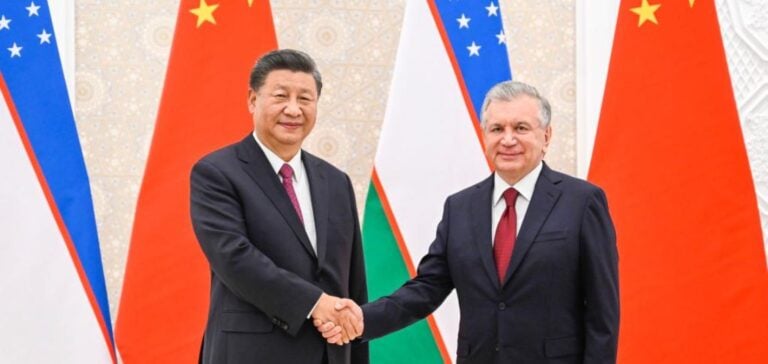The Ministry of Ecology, Environmental Protection and Climate Change of Uzbekistan and Shanghai SUS Environment sign a cooperation agreement for the development and implementation of waste-to-energy projects. This initiative marks a crucial step in Uzbekistan’s efforts to modernize its waste management system, a problem exacerbated by a lack of advanced technology and stagnant tariffs for waste disposal services.
Waste management reforms and challenges in Uzbekistan
At a meeting between Aziz Abdukhakimov,Uzbekistan‘s Minister of Ecology, and Jishen Long, Chairman of Shanghai SUS Environment, the two parties discussed the reforms underway in Uzbekistan’s waste management system. Abdukhakimov pointed out that the absence of systems for generating electricity from waste incineration and the unchanged tariffs for waste disposal services over the past four years have seriously impacted the economy of the sanitation sector.
The presidential decree and its implications
To remedy these shortcomings,the President of Uzbekistan signed a decree on January 4, 2024, aimed at improving the waste management system and reducing its negative impact on the environment. The decree aims to stimulate the adoption of new technologies and encourage foreign investment in the waste sector.
Shanghai SUS Environment: A partner of choice
Shanghai SUS Environment, as the largest supplier of solid waste incineration plants and developer of integrated municipal solid waste management systems in China, brings valuable expertise to this collaboration. The company is recognized for its cutting-edge technologies and its ability to build and operate state-of-the-art municipal solid waste-to-energy plants.
Cooperation objectives
The agreement signed aims to set up concrete waste-to-energy projects, enabling Uzbekistan to benefit from Shanghai SUS Environment’s advanced technologies and expertise. This partnership is designed to offer sustainable and effective solutions to today’s environmental challenges, while stimulating the economy of the waste sector through the introduction of new management systems and renewable energy production. This strategic collaboration between Uzbekistan and China marks a turning point in waste management in Central Asia, offering promising prospects for the region’s ecological future.






















